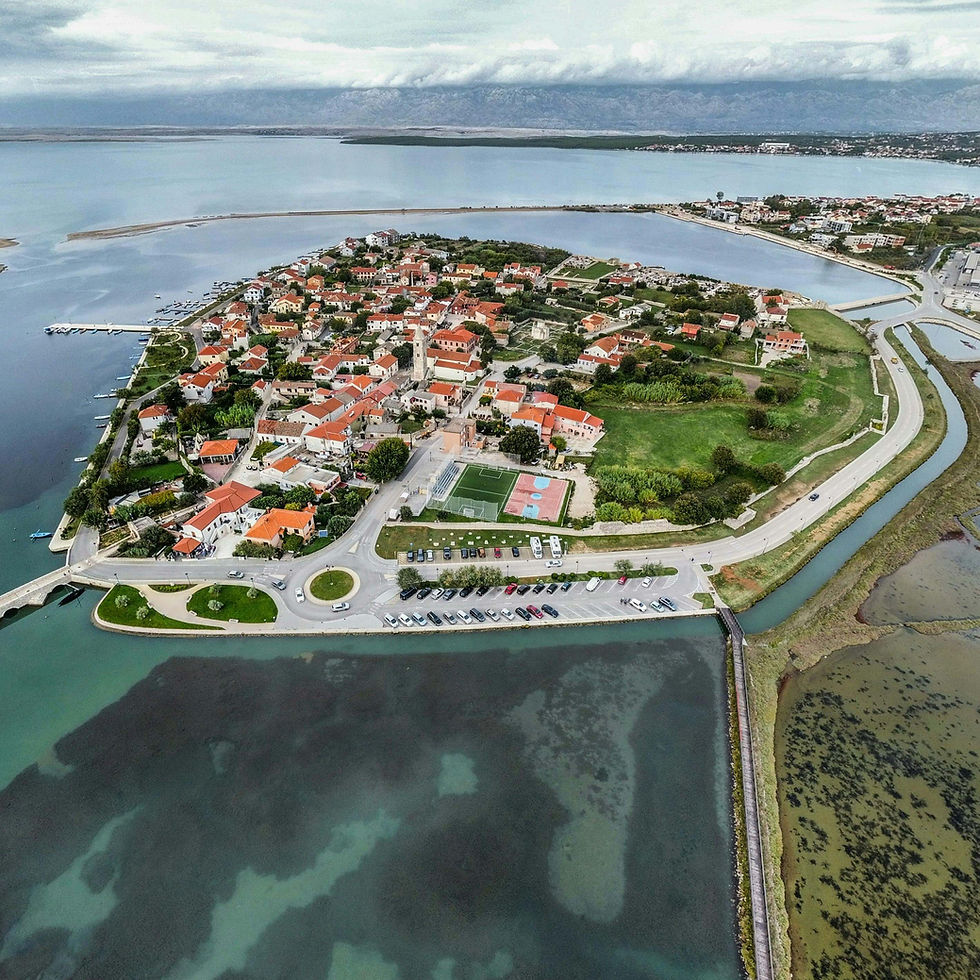How to Find Accommodation in Croatia: A Guide for Foreign Workers.
- Bappu Acharjee
- Nov 15, 2024
- 3 min read
Updated: Nov 16, 2024
Finding accommodation in Croatia can be one of the biggest challenges for foreign workers. With an expanding international community and competitive housing in major cities like Zagreb, Split, and Dubrovnik, knowing where and how to look for a place to stay is key. Here’s a guide with practical tips and useful websites to help you navigate the Croatian rental market.

1. Know Your Options: Short-Term vs. Long-Term Rentals
If you're new to Croatia, starting with a short-term rental might be easier while you get familiar with the city and neighborhoods. Airbnb, for instance, offers flexible rental options and allows you to secure a place without the long-term commitment.
For those seeking long-term accommodation, Croatia has a range of apartments and houses available for rent. However, finding long-term leases in peak tourist areas can be more challenging, especially in cities popular among tourists.

2. Top Websites for Finding Accommodation in Croatia
Njuškalo (www.njuskalo.hr): Njuškalo is one of Croatia’s largest online marketplaces, featuring a wide range of property listings. It’s highly recommended for finding both short-term and long-term rentals. Most ads are in Croatian, so using a translation tool or help from a Croatian-speaking friend might be necessary.
Index Oglasi (www.index.hr/oglasi): This website is similar to Njuškalo, with listings that include apartments, houses, and rooms for rent across Croatia. It’s user-friendly and offers filter options to help narrow down your search by location and price.
GoHome (www.gohome.hr): GoHome aggregates listings from multiple Croatian property sites, making it a convenient option for browsing a variety of rental listings in one place.
Facebook Groups: Many expats find housing through Facebook groups such as Expats in Zagreb or Foreigners in Croatia. These groups often have listings or personal recommendations, and some landlords even post directly to the groups.
Airbnb (www.airbnb.com): For those looking for short-term accommodations, Airbnb is a popular choice. Though it may be more expensive for long-term stays, it’s ideal for temporary arrangements while you explore longer-term options.

3. Understanding Rental Agreements and Costs
In Croatia, the rental agreement typically covers rent, maintenance, and utilities. Be clear about whether utilities are included in the rent, as they can add up, especially during winter. The standard lease agreement is often signed for one year, but this can vary. For your security, ask for a written contract that clearly states rent, deposit, and conditions for termination.

4. Check Local Rental Market Trends
Keep in mind that rental prices vary significantly depending on the location. Zagreb, as the capital city, tends to have the highest rental costs. Coastal cities like Split and Dubrovnik are more affordable outside of peak tourist season but can get pricier from May to September.

5. Be Prepared for Common Requirements
In Croatia, landlords may require a security deposit, typically one month’s rent. Some also prefer tenants with a long-term commitment. Bring any necessary documents, such as proof of income or employment if requested, and be prepared to negotiate in some cases.
Conclusion
Finding accommodation in Croatia might take a bit of patience and planning, but with the right resources, you can secure a comfortable home that fits your needs. Use these websites, connect with local expat communities, and explore different neighborhoods to find a place that makes your stay in Croatia feel like home.
Finding the right accommodation is an essential step toward making your life in Croatia enjoyable and stress-free!
.png)


